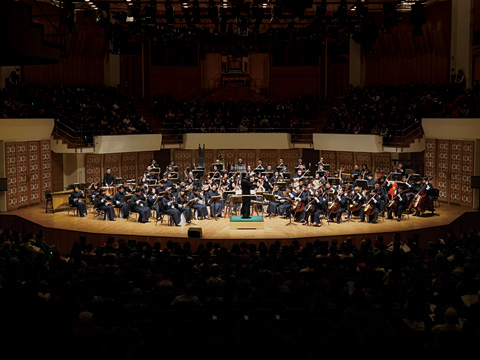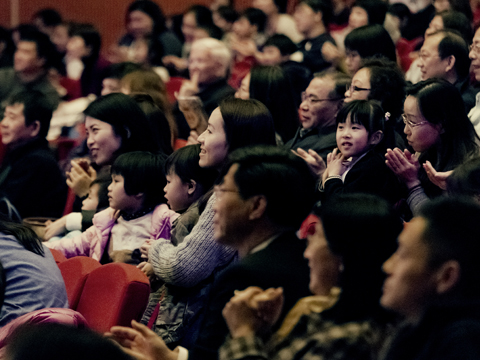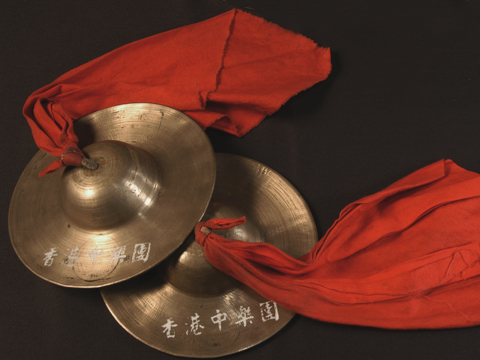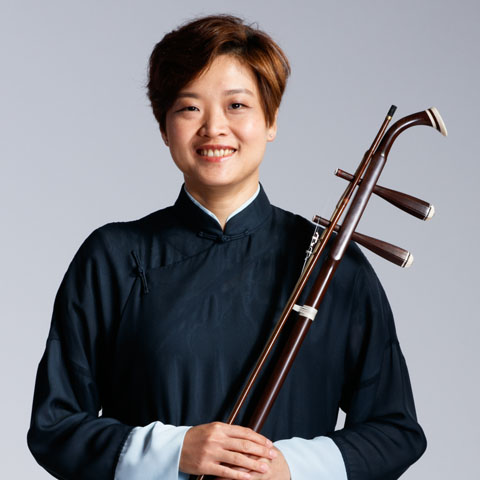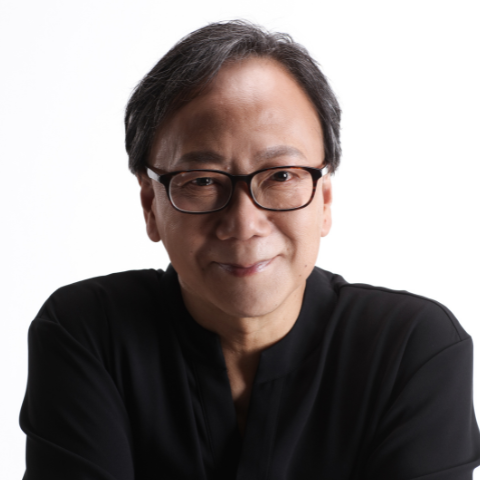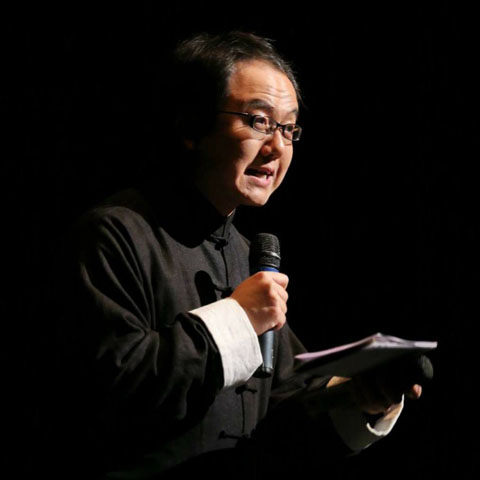
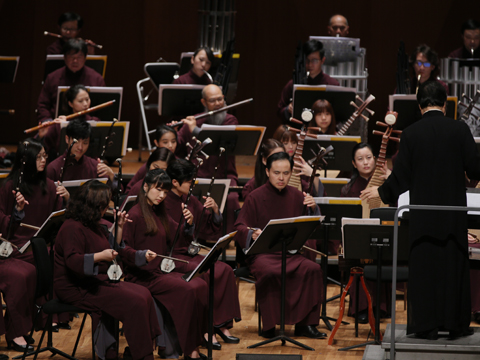
HKCO
Hong Kong Chinese Orchestra Orchestra Members Artistic Director and Principal Conductor for Life Council Advisors & Artistic Advisors Council Members Management Team Vacancy Contact Us (Tel: 3185 1600)

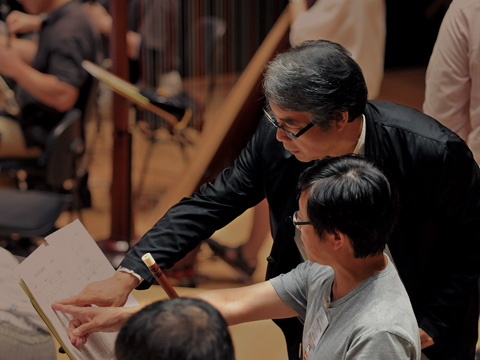
What's On

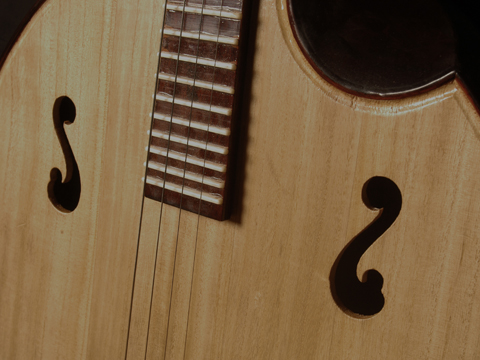
Education
The HKCO Orchestral Academy Hong Kong Youth Zheng Ensemble Hong Kong Young Chinese Orchestra Music Courses Chinese Music Conducting 賽馬會中國音樂教育及推廣計劃 Chinese Music Talent Training Scheme HKJC Chinese Music 360 The International Drum Graded Exam

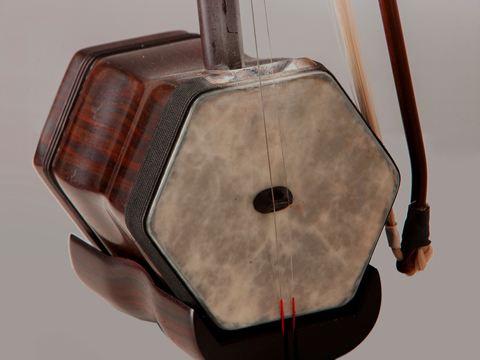
Instrument R&D
Eco-Huqins Chinese Instruments Standard Orchestra Instrument Range Chart and Page Format of the Full Score Configuration of the Orchestra
41st Orchestral Season
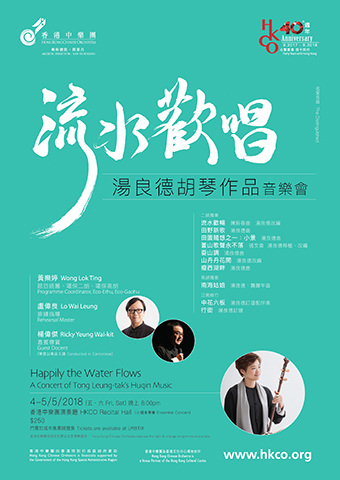
Happily the Water Flows
A Concert of Tong Leung-tak’s Huqin Music
8:00 pm
Ensemble Concert
Guest Docent: Ricky Yeung Wai-kit
Huqin works that take up a prominent page in music history
2018 marks the 80th posthumous birthday of Mr Tong Leung-tak - huqin virtuoso, composer, conductor and educationist. Formerly an Acting Principal of the HKCO and our Music Advisor, he was considered a paragon who cast tremendous influence on the local music scene. Thousands of young talents had been trained and assessed under his hand. This commemorative concert is our tribute to Mr Tong, and the programme features works on nature and pastoral themes. We have also invited the renowned art critic, Mr Ricky Yeung Wai-kit, to guide the audience in understanding the spirit behind Mr Tong’s music.
Erhu Solo Happily the Water Flows Chen Xinchun Adapted by Tong Leung-tak
Based on the music characteristics of China’s northeast, this work depicts the rich resources and vastness of the region, famous for its ore deposits, ginseng, mink fur, Carex meyeriana and sika deer, among myriad other treasures. The local people are known for their raw and intense energy as well as their simple, earthy nature. The first section describes both people and scenery, while the second and third portray their hardworking, forward-looking character, as well as their autonomous, free and blissful life.
Erhu Solo Pastoral Capriccio, Scene I Tong Leung-tak
The composer wrote this piece after being assigned to Yangzhou in 1965. Pastoral Capriccio consists of three titles, all in entirely different styles which can be performed independently or together. Scene I has been selected for this concert, which uses folk songs of Jiangsu as the theme. Imbued with lyricism and joy, it conjures up the gratifying feelings of living close to the earth.
Erhu Solo Singing in the Blue Mountains Zhang Wen Transcribed and Adapted by Tong Leung-tak
Based on a song of the same title, this piece was transcribed in 1972 and adapted into a lyrical erhu solo. The composer recorded it himself in 1973, and upon release, it won both critical and popular acclaim.
The music opens with the erhu playing four notes and the orchestra playing a perfect octave in the background, simulating the cinematic effect of panning across a scene of “mountains rising high into the sky, and fields stretching far into the horizon”, with maidens from the Bai ethnic minority, dressed in their national costume, working in the fields.
The first section follows closely the upbeat, joyous mood of the introduction, and highlights the music-loving nature of “the Bai singing maidens as their voices can be heard all over the mountain slopes”.
The second section is an extension and development of the theme. It extolls the rustic, down-to-earth and honest nature of the Bai people.
The third section is a cadenza, which is a repeat of the introduction but with the performance stepping up in intensity and warmth.
The fourth section is the recapitulation of the theme in the form of a dialogue. It works towards the climax with large intervals and glissando, ending in the high register.
Erhu Solo Shua-Shan-Diao Tong Leung-tak
Written in 1961, Shua-Shan-Diao was the debut work of the composer. In it, the music of Yunnan is used to depict the happy and contented life of the young men and women of the ethnic minority groups.
The music is in five sections: 1. Landscape; 2. A view from the mountain top; 3. Joy; 4. Romping on the mountain; 5. Echo.
This piece requires the performer to exude the qualities of sweetness, beauty, purity, truthfulness, clarity, thoroughness, happiness and joy through the erhu’s beautifully limpid tones as well as the player’s heartfelt emotions.
Erhu Solo Morning Star Lilies are Glowing Red When in Bloom Adapted by Tong Leung-tak
This work was adapted from a folk song of the same title in December 1972.
Introduction: the broad, sweeping introduction in free tempo unfolds the scenery of the northern plateaux in China.
Adagio: Morning star lilies glowing in red are in full bloom all over the mountains.
Allegro: This is an animated scene when countless households welcome their kin from afar with overwhelming joy.
Recapitulation: The sea of red flowers on the mountains enthuses the mind and sparks an exaltation that is beyond words.
Erhu Solo On the Slender West Lake’s Shore Tong Leung-tak
The Slender West Lake is a famous scenic spot in Yangzhou, hailed for its beauty that boasts both a northern robustness and a southern delicate charm, rivalling the West Lake of Hangzhou. This piece was written in 1964, when the composer was assigned to a rural post in the Yangzhou region for a year, where he lived, ate and worked alongside the peasants. Based on the local rural song of The Threshing Call, it depicts the peasants’ joy at their bumper harvest on the Slender West Lake’s shore, threshing wheat and planting seedlings. On its fertile soil irrigated by the rivers and canals, Yangzhou rewards its hardworking peasants with endless resources and rich harvests year after year.
Gaohu Solo Maiden of the South Seas Tong Leung-tak and Gong Yuenian
The work is made up of four short sections: ‘Morning in the South Seas’, ‘Women Setting Sail’, ‘Joy of Harvest on the Seas’, and ‘Home with a Big Catch’. It is a depiction of a hard day’s work of fisherwomen in the South Seas.
Jiangnan Sizhu Zhonghua Liuban Notation and Accompaniment by Tong Leung-tak
The work is based on the Chinese set tune Lao-Liu-Ban in folk instrumental music. Building on the regular liu-ban, a new and much expanded work is created by slowing down the tempo and adding embellishments. The structure is also thus changed as the music develops. While the traditional silk-and-bamboo ensemble would use one erhu as lead, Tong Leung-tak has succeeded in adapting the zhonghua liuban, i.e., ‘embellished liu-ban in moderato’, into a work for three erhus. There is added lyricism to the melody, appealing mellifluousness and easy flow – qualities that are attached to music in the region south of the Yangtze River. The mood has a cheerful, buoyant touch, with a strong forward-looking optimism.
Jiangnan Sizhu Going to the Fair Notation by Tong Leung-tak
The version of the traditional Going to the Fair now popularly played is named New Going to the Fair. It opens with the set tune, Xiaobaimen, followed by Yu’erlang, before it moves onto the Old Going to the Fair and the Coda. Since the middle section of Yu’erlang is a repeat of the opening, and the later section an embellished Old Going to the Fair in slow tempo, most players would not include them in the performance. The tune is often heard on festive and celebrative occasions, and has a distinctly light-hearted touch, in particular in the allegro sections.
Noble in His Art in a Life Filled with Music
- On Happily the Water Flows - A Concert of Tong Leung-tak’s Huqin Music
Ricky Yeung Wai-kit
(Supervisor on the Master’s degree programme of the School of Music, The Hong Kong Academy for Performing Arts)
Mr Tong Leung-tak was an icon of a musical era. Whether it was in Shanghai, Beijing or Hong Kong, he was like a ball of fire that never stopped burning to illuminate the world around him.
As a youth born into a family of expert musicians in the Jiangnan string-and-wind genre, he enrolled with ease in the Beijing Xinying Orchestra in the 1950’s. It launched him onto a brilliant and fruitful performing career in instrumental music. Nearly all movies shown in Chinese cinemas featured the mellifluous notes played by Maestro Tong. The first All China Erhu Competition held in the Shanghai Spring Music Festival in 1963 confirmed his preeminence in the musical arena. Besides performing, he also wrote many pieces which enriched the contemporary erhu repertoire.
In 1976, the ten-year Cultural Revolution ended. The following year, Mr Tong and his family relocated to Hong Kong, where he slowly transformed from being a dazzling performer on stage into an educationist that nurtured talent. During his nearly 30 years’ service with the Hong Kong Government’s Music Office, he had nurtured generation after generation of Chinese music talents. Some of them later became professional performers, while many more found success in other professions and trades with their hearts were still tied to Chinese music which had become an inseparable part of their lives. Despite suffering from serious illness after retirement, Mr Tong never gave up; he was determined to see Chinese music flourish up to the end. Music had become an important pillar of his life.
On 4 – 5 May, 2018, the Hong Kong Chinese Orchestra will present ‘Happily the Water Flows - A Concert of Tong Leung-tak’s Huqin Music’ in the Rehearsal Hall on the 7th floor of the Sheung Wan Civic Centre, where huqin aficionados can have a taste of his musical prowess. This concert is coordinated by Mr Tong’s pupil, Wong Lok Ting, Huqin Co-Principal and Gaohu Principal of the HKCO, who will also be the soloist for the entire evening. Wong is one of the most outstanding young huqin performers in Hong Kong. She studied under the Maestro for many years and had direct access to the essence of his art. Wong has selected for the two evenings many of Mr Tong’s erhu pieces which had been composed or arranged using materials from folk music, songs, instrumental pieces, and movie scores from different parts of China. They include Happily the Water Flows, A New Song in the Fields, Pastoral Capriccio, The Scene, Singing in the Blue Mountains, Shua-Shan-Diao, Morning Star Lilies Are Glowing Red When in Bloom and On the Shore of Slender West Lake. These pieces became popular all over China through various channels at the time. Their warm and moving melodies and the erhu music provided spiritual gratification for the people. Not least the Jiangnan string-and-wind music that ran in the Maestro’s blood will also feature in the two concerts. Zhonghua Liuban and Going to the Fair have been given a more intricate treatment in artistic interpretation by the composer in Mr Tong. Maiden of the South Sea, co-written by the Maestro and Gong Yuenian for the gaohu, will be the only gaohu piece featured in the concert. Wong Lok Ting will interpret this piece with an eco-erhu and eco-gaohu developed by the HKCO. It will be a 21st century erhu instrument rendering a 20th century musical composition. It is an occasion where Wong will be conducting a dialogue with her late teacher across time and space using an eco-huqin.
When you attend the ‘Happily the Water Flows’ concert, you will feel Maestro Tong’s perseverance and love for the art of the huqin. His music has long gone beyond the two strings on the instrument to become a kind of philosophy. His “method, technique, soul, charm and way” can be considered the conclusion to his artistic reflection over a decades-long career. Before attending this concert, one would do well to read his exposition on the “way” to better understand his music:
“If the way is correct, different paths will lead to the same end, irrespective of class or category, or distinction between musical instruments or genres. An attention to contrast between the concrete and the abstract, the taking of the middle path, and a restrained subtlety are in accord with orthodox Chinese philosophy and classical aesthetics.”
May Maestro Tong and his music live on in our hearts always!
Your Support
Friends of HKCO
Copyright © 2024 HKCO
